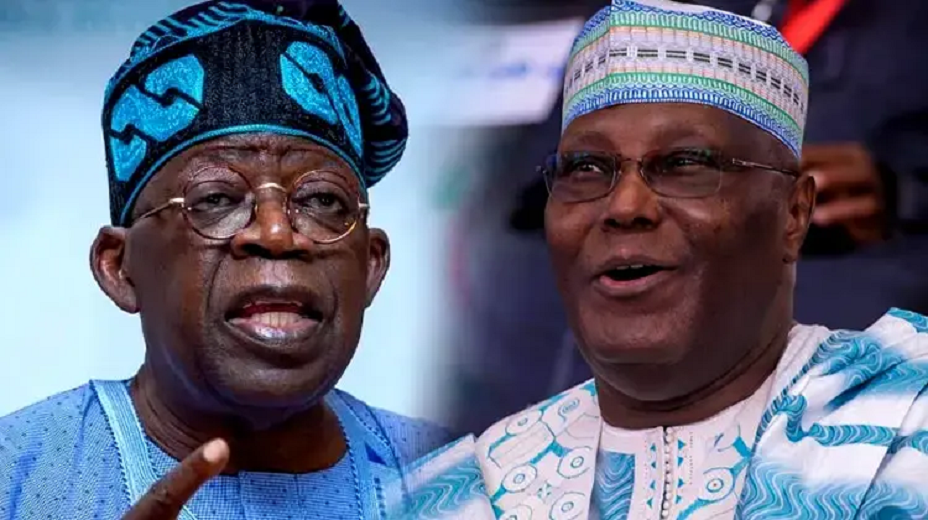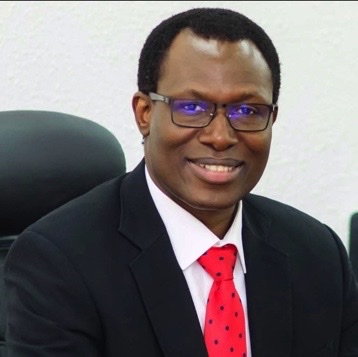By Engr. Gbenga Adebayo
In 2001, when the first GSM call was made in Nigeria how many of us would have envisaged the digital world that we live in today? The pace of growth and the rate of adoption of telecoms solutions in Nigeria has been revolutionary. It is a globally acknowledged case study that we should be proud of and a clear demonstration of what can be achieved.
Almost all of us today are reliant on the network connectivity that it has enabled in different shapes and forms. From the simple need to communicate with loved ones, to the digital platforms that enable our access to and consumption of entertainment, financial products and other critical services. Our reliance on these systems is becoming more and more acute, whether it is citizens, governments, or corporations. System downtime is increasingly disruptive and offline manual redundancies are often in the advanced stages of being phased out. The pace of this transition is not slowing down. With the core infrastructure in place, innovation is driving the exponential growth of services that ride on it. From the fully adopted social media that has changed the way we interact, to the emerging Artificial Intelligence (AI) revolution.
While this innovation is enabling exciting new possibilities, there is a tendency to focus on those opportunities, to the detriment of the core infrastructure on which it rides. It is imperative that we retain a focus on the optimisation of that infrastructure and enable continued investment in its development. We have seen how the transition from 2G, through to 3G, 4G and 5G have each enabled the development of more and more sophisticated solutions.
The continued development of core infrastructure has to be sustainable, and over the last few months we have begun to see the challenges that the operators that provide it are facing. Both MTN and Airtel have declared significant foreign exchange (FX) losses in Nigeria, and the stress is not linked to them alone. The entire ecosystem is battling with a range of challenges that must be addressed. If we fail to do so, the downstream impact on innovation will be severe. Telecoms infrastructure requires a base level of investment to maintain its current capabilities, and significant additional investment to expand and grow. It is capital intensive and that capital has to be generated through sustainable business models.
At the heart of the challenge the industry faces is the issue of rising costs. Recent financial losses are directly linked to the cost of operating towers that rely on inputs like diesel, which have increased significantly as the Naira has depreciated. The provisions large telecom companies have had to make, and the consequent losses and impact on their reserves is a red flag. It tells us that business as usual is not sustainable. If we continue as we are, then those companies will struggle to continue to invest in and maintain existing services.
But those costs are not the only challenge. General cost inflation, multiple taxation, regular and damaging vandalisation of infrastructure and the costs associated with regulatory compliance all help contribute to the high cost of operations. We cannot continue to follow a path that asks those companies to simply accept those rising costs. It is no longer sustainable, and we have reached an inflection point.
This is a critical moment for the industry. How we approach and resolve it will define the future of Nigeria’s digital economy. If you want to be able to enjoy the benefits that digitisation brings. If we want the infrastructure that enables AI and helps us drive growth, then we must take action now.
Cost-reflective tariffs, like it or not, are simply non-negotiable. We have seen the impact of price controls in other segments of the economy, like power. If providers cannot operate sustainable business models, then they stop investing. When that happens, the existing infrastructure starts to crumble. For power, a consumer can choose to take ownership of the solution by buying a generator, or a solar panel. For fuel, the government can step in as the provider of last resort and manage a subsidy regime that mitigates the impact on the population. Those options are not available in the telecoms sector. There is no self-help solution.
We fully understand and appreciate the financial stress that Nigerians are experiencing today. The cost of living is the single most significant factor in most people’s daily lives. But those people are still able to enjoy the benefits that connectivity brings, at the price they paid before these challenges became so acute. Imagine a future in which the gains of the last twenty years are reversed. Nigeria, and Nigerians simply cannot afford it. The pain that we would feel under those circumstances would be exponentially worse.
We need to find a long-term, sustainable and manageable solution to this problem. Prices will need to rise, but action needs to be taken in a measured way, through sustainable conversations and partnership with the government. It is time to address this head on.
Engr. Gbenga Adebayo is the Chairman, Association of Licensed Telecoms Operators of Nigeria (ALTON)























































